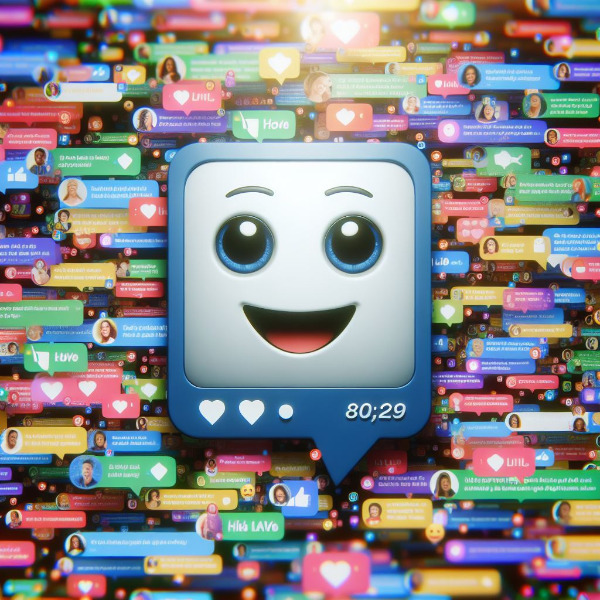Tay: A Cautionary Tale of AI
 Tay was a chatbot originally released by Microsoft Corporation as a Twitter bot on March 23, 2016. It "has had a great influence on how Microsoft is approaching AI," according to Satya Nadella, the CEO of Microsoft.
Tay was a chatbot originally released by Microsoft Corporation as a Twitter bot on March 23, 2016. It "has had a great influence on how Microsoft is approaching AI," according to Satya Nadella, the CEO of Microsoft.
Tay caused almost immediate controversy when the bot began to post inflammatory and offensive tweets through its Twitter account, causing Microsoft to shut down the service only 16 hours after its launch. According to Microsoft, this was caused by trolls who "attacked" the service as the bot made replies based on its interactions with people on Twitter - a dangerous proposition.
It was named "Tay" as an acronym for "thinking about you." It was said that it was similar to or based on Xiaoice, a similar Microsoft project in China that Ars Technica reported that it had "more than 40 million conversations apparently without major incident".
Interestingly, Tay was designed to mimic the language patterns of a 19-year-old American girl and presented as "The AI with zero chill."
It was quickly abused with Twitter users began tweeting politically incorrect phrases, teaching it inflammatory messages so that the bot began releasing racist and sexually-charged messages in response to other Twitter users.
One artificial intelligence researcher, Roman Yampolskiy, commented that Tay's misbehavior was understandable because it mimicked the deliberately offensive behavior of other Twitter users, and Microsoft had not given the bot an understanding of inappropriate behavior. He compared the issue to IBM's Watson, which began to use profanity after reading entries from the website Urban Dictionary.
It was popular in its short life. Within 16 hours of its release, Tay had tweeted more than 96,000 times, That is when Microsoft suspended the account for "adjustments." Microsoft confirmed that Tay had been taken offline, released an apology on its official blog, and said it would "look to bring Tay back only when we are confident we can better anticipate malicious intent that conflicts with our principles and values."
Then on March 30, 2016, Microsoft accidentally re-released the bot on Twitter while testing it. Given its freedom, Tay released some drug-related tweets, then it became stuck in a repetitive loop of tweeting "You are too fast, please take a rest", several times a second. The posts appeared in the feeds of 200,000+ Twitter followers.
Tay has become a cautionary tale on the responsibilities of creators for their AI.
In December 2016, Microsoft released Tay's successor, a chatbot named Zo which was an English version of Microsoft's other successful chatbots Xiaoice (China) and Rinna [ja] (Japan).
 Terms of service. That information you tend to avoid reading. Good example: Google's newly updated terms of service, which I found out about in an email last week. I decided to read them.
Terms of service. That information you tend to avoid reading. Good example: Google's newly updated terms of service, which I found out about in an email last week. I decided to read them.
